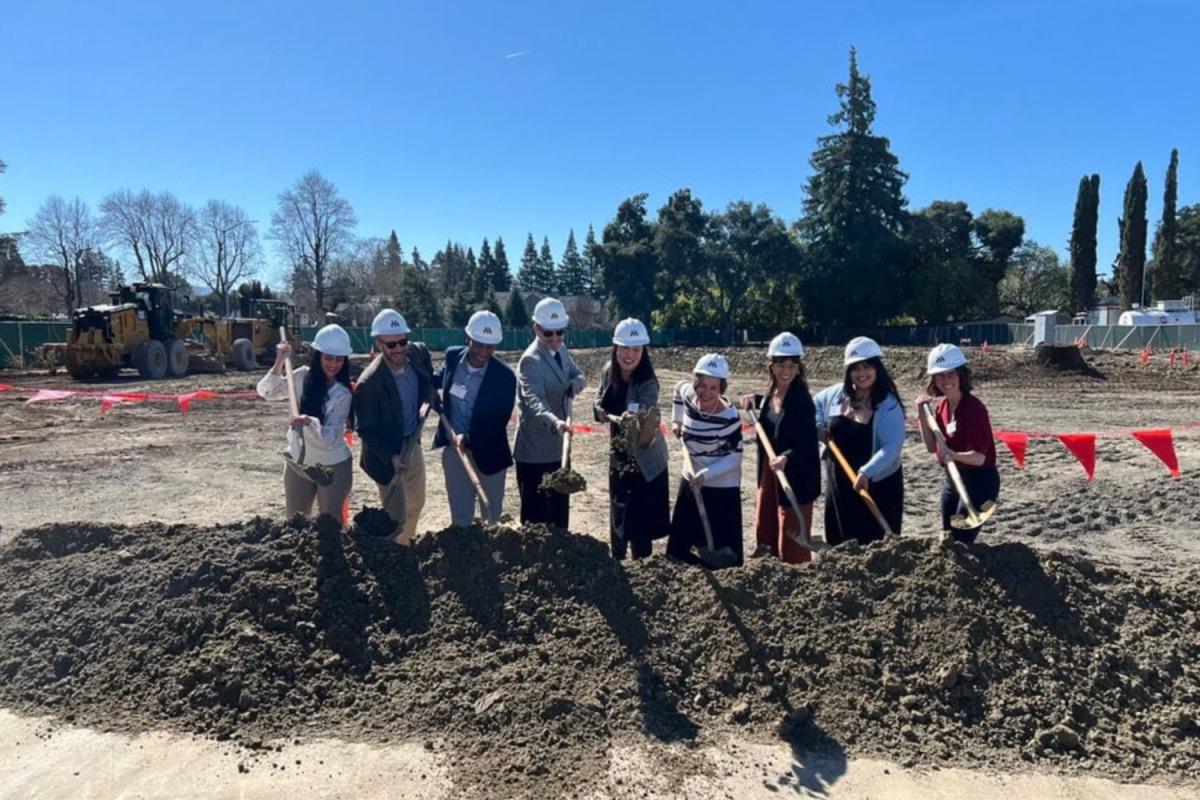Misleading product labels and improper waste sorting are contributing to disruptions in California’s compost and recycling waste management systems, suggesting long-term environmental consequences.
Terms like “greenwashing” and “wish-cycling” represent a larger move in manufacturers and individuals in attempts to be more sustainable. Given the misleading labeling of products in recent years, incorrect sorting of waste poses challenges in general waste management, particularly with composting and recycling.
Most haulers have strict rules as to what is actually compostable. For example, utensils made of biodegradable materials may be marketed as such, but they will not actually be taken in and composted in a facility such as Recology. Recology takes in compost that will decompose within 90 days, which is required at commercial composting facilities.
According to the Natural Resources Defense Council, greenwashing refers to “the act of making false or misleading statements about the environmental benefits of a product or practice.” This has the potential to mislead individuals and throw away products into the incorrect bin.
“Wish-cycling is when people put material into the blue or green container, hoping it will be repurposed, but they don’t know for a fact if it can be recycled or composted properly,” said Alyssa Galarce, senior waste zero specialist at Recology.
One of the checkpoints for sorted trash is Recology’s waste center.
“Recology is the back end of what we purchase and use. What we take most seriously is that everything is being properly sorted, “ Galarce said.
Galarce talks about the slow-downs when trash is sorted incorrectly.
“I would say wish-cycling and greenwashing are two of the biggest challenges we have. People just make assumptions about where they can put things,” Galarce said.
Galarce says that there is the belief that once trash is out of people’s hands, others will put in the work to sort it correctly. Some people congratulate themselves for not littering. Others do make an attempt to sort correctly. Stopping the problem at an individual level is a starting point for change, according to Galarce.
“We have the Recology compost bin and it sits in our backyard. We also have a small bin in our house,” said Carlmont student Isabella Romero.
She notices that everyone along her street has a compost bin that is rolled out every week for collection. Romero says having a compost bin helps her to be more environmentally friendly. Making sure the waste is sorted correctly is important to Romero, even if she sometimes doesn’t know which bin the waste should go in.
“I don’t really always know. There’s definitely some things that I’m not sure if they could go in the compost. If I’m not sure about it, it just goes in the trash,” Romero said.
From a producer’s perspective, misleading labels is a problem in itself.
“When it comes to greenwashing and with symbols like chasing arrows, it could be really misleading to people of where things should be going,” Galarce said.
Not all plastic with the chasing arrows symbol is recyclable. There are a multitude of issues that result from improperly sorted waste, ranging from slow-downs in the waste processing system to long-term health concerns.
“It often can cause disruptions in our system processing, because when a driver sees material like styrofoam or lightweight plastic, they’ve actually been trained to turn away from that container and not service it,” Galarce said.
This waste could lead to jamming the system, especially because lightweight material can get trapped in the equipment, according to Galarce. However, long-term effects in the future could have more pressing issues.
“Because they’re filled with microplastics, they are contaminating that compostable material from created food scraps and soil paper products which don’t contain it. And so it’s essentially kind of tainting the material,” Galarce said.
This tainted organic material has implications for the rest of California.
“A lot of the material we work with, we send off to farms throughout the state of California. And so you want to keep in mind that we don’t want to have microplastics in the soil where we’re growing new fruits and vegetables,” Galarce said.
However, it has not advanced to that stage yet.
“It’s not impacting the quality of compost yet, but if we continue to put more and more of that material, it could, in the future, affect the compost material,” Galarce said.
All of the waste ties into larger issues of climate change. Reducing waste, in general, is an effective way to do so, according to Project Drawdown.
“When it comes to tackling the climate crisis, there are different classes like food systems, a better understanding of where food comes from, making more informed choices at the grocery store, and maybe opting for more plant-based meals, or reducing meat consumption,” said Julia Leal, an employee at the San Mateo County Office of Education Sustainability Department.
Beyond food choices, residents strive to find other ways to engage in sustainable practices.
“What are ways that I could thrift something which is more affordable or accessible for some people, or swap clothes with neighbors and get together and have yard sales or upcycle clothes?” Leal said.
Some efforts are connected with government programs that encourage sustainable habits.
“This gets back to something we’re doing on a local government level: teaching people how to sort waste properly,” Leal said.
Part of Galarce’s job is to educate people in the Bay Area about sorting trash properly.
“We want to really just emphasize that the material that should be going into the green container is food scraps, soil paper products, yard waste,” Galarce said.
Besides personal actions, there also have been significant advancements made in the political aspect of climate change.
Both Senate Bill (SB) 54, which mandates more strict wording for sustainability for products, and SB 1383, which aims to “divert 50% of organic waste from landfills below 2014 levels by 2020 and 75% by 2025,” are examples of tangible policy that will have an effect on Californians.
“But essentially, what’s happening is that manufacturers who have started experiencing the pushback, they’re starting to be told you have to be transparent in terms of the items you’re producing and where they should be going,” Galarce said.
This push for governmental policy sparks hopes for change among many people.
“We’re entering an exciting time where there’s going to be a lot more guidance from the state level of what should be going where. The manufacturers are going to be experiencing a shift, and before, they have to be more transparent,” Galarce said.























